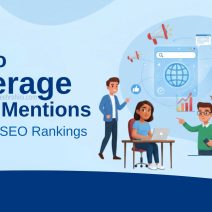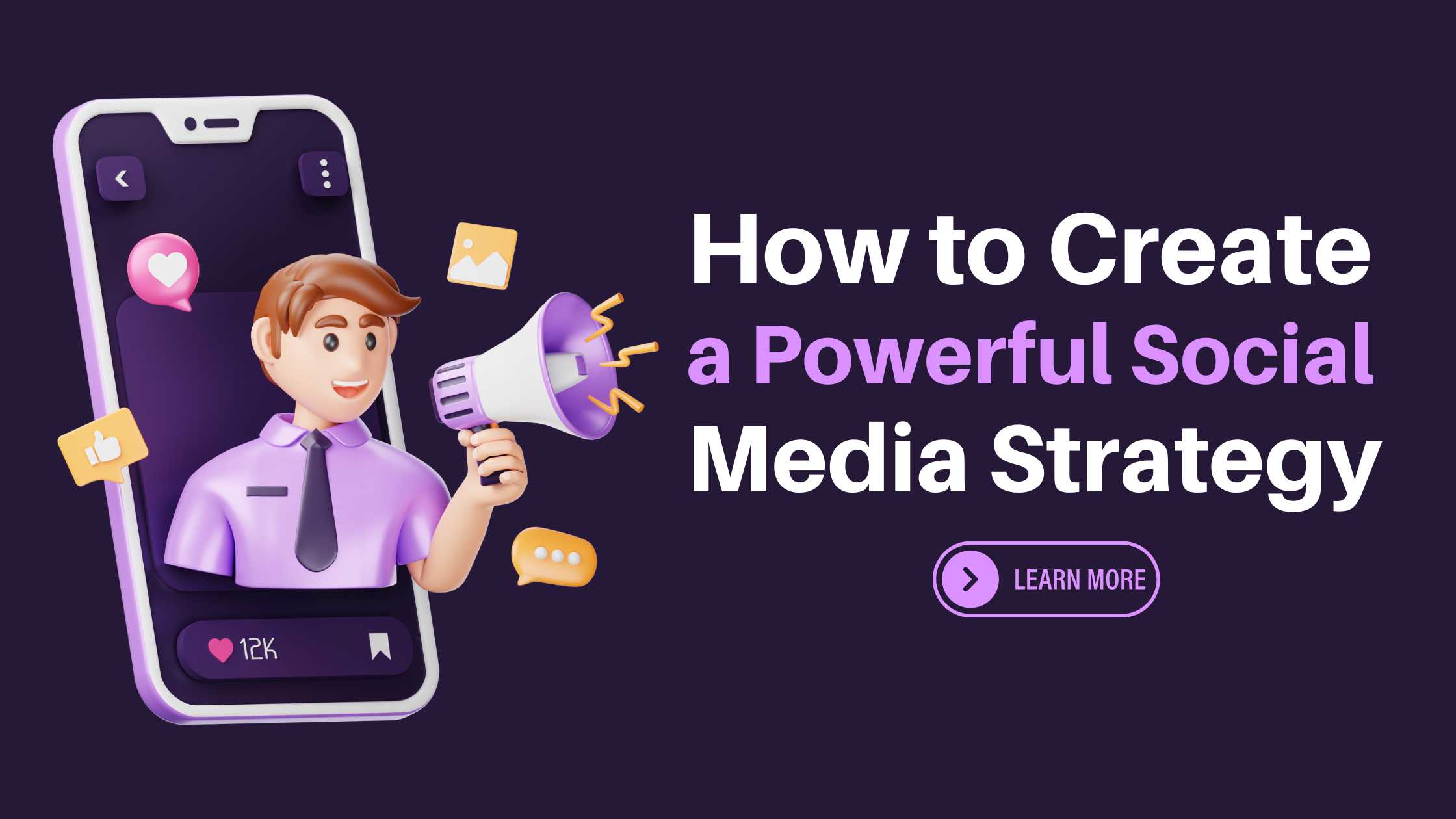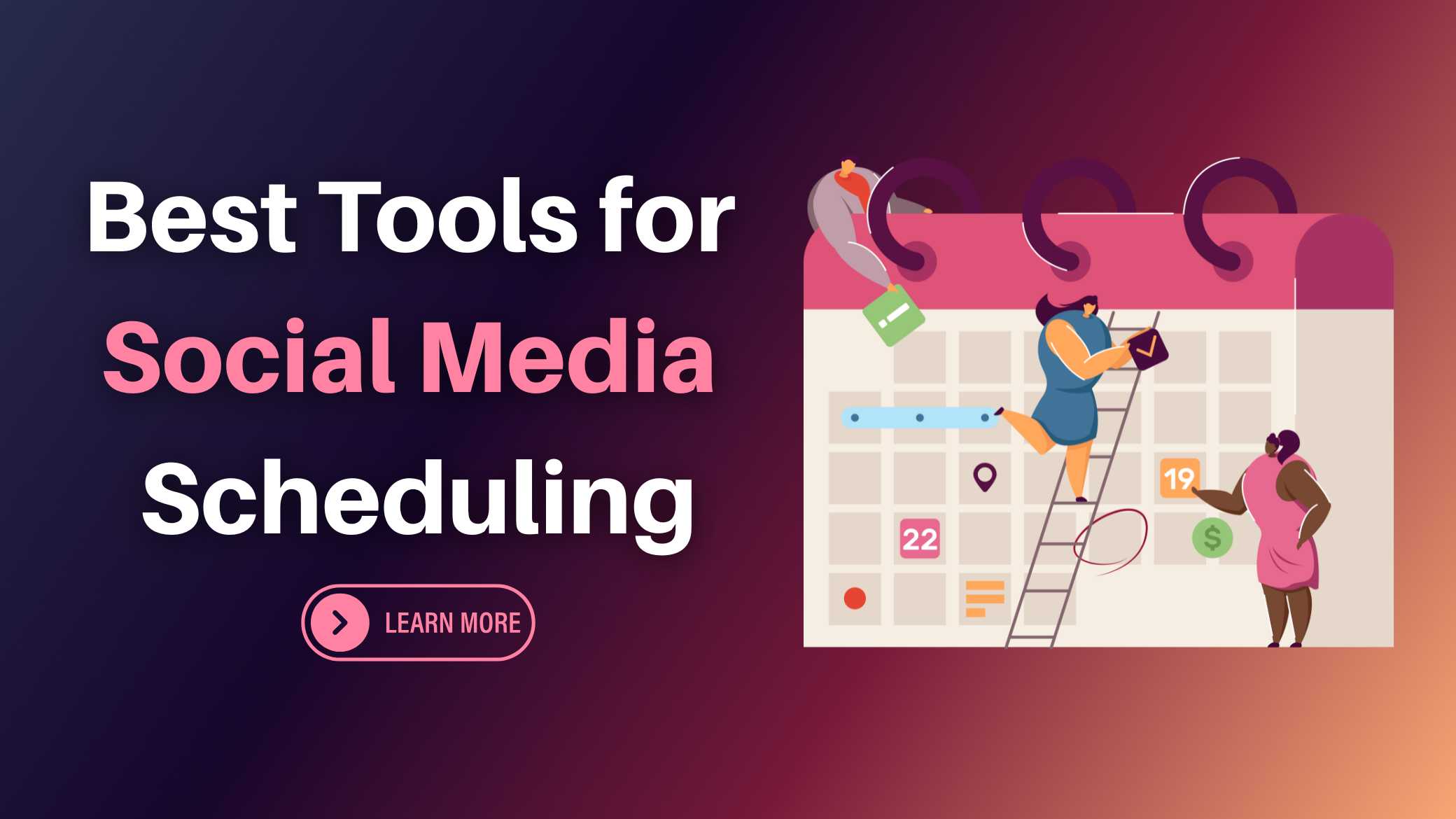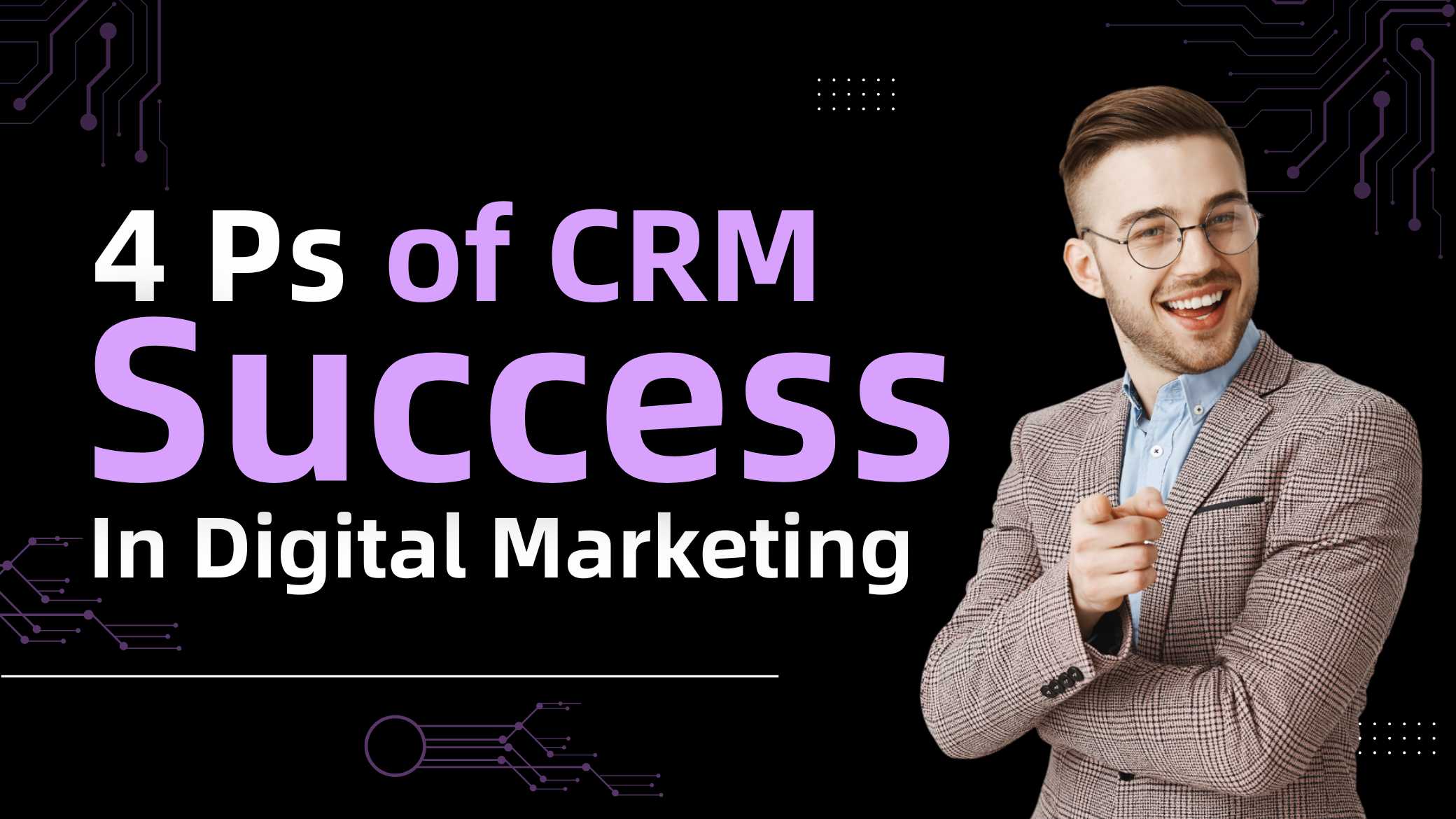
4 Ps of CRM Success in Digital Marketing: A Comprehensive Guide for 2025
4 Ps of CRM : In today’s hyper-competitive digital environment, businesses must go beyond traditional marketing tactics to thrive. One of the key pillars of success lies in establishing and nurturing meaningful customer relationships, which is where Customer Relationship Management (CRM) plays a central role. However, CRM isn’t just about software — it’s a strategic framework that aligns your organization around your customers. To implement CRM effectively in digital marketing, businesses need to follow the 4 Ps of CRM Success: Planning, People, Process, and Platform.
Table of Contents
These four pillars serve as the backbone for successful CRM adoption and execution, helping businesses not only attract but also retain high-value customers. This comprehensive guide dives deep into each of these four dimensions while addressing how they directly impact your digital marketing results in 2025 and beyond.
Why CRM Matters in Digital Marketing
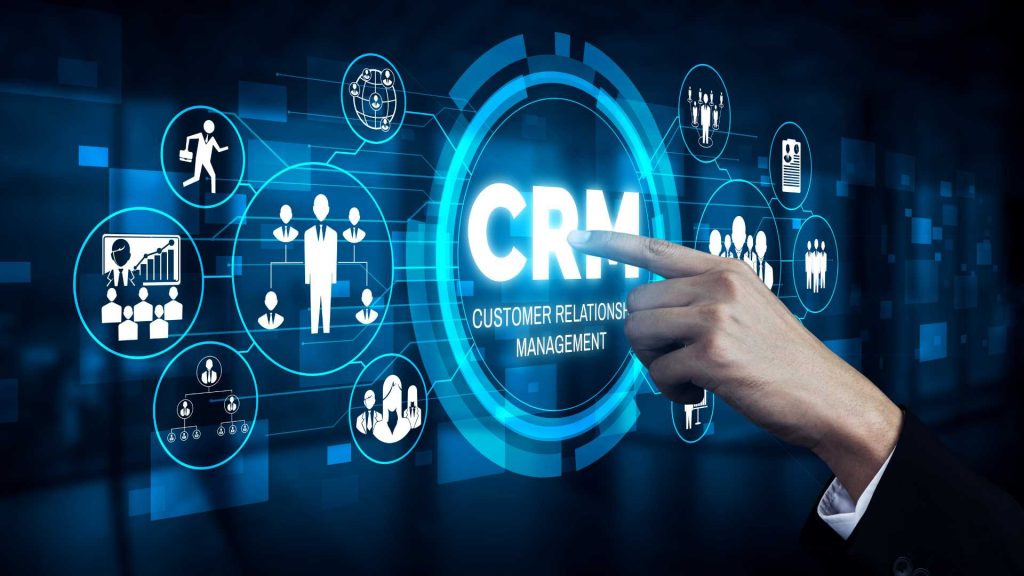
Before we delve into the 4 Ps, it’s important to understand why CRM is crucial in the realm of digital marketing.
- Personalization at Scale: With CRM, marketers can segment their audience, automate personalized messaging, and target customers based on behavior, preferences, and purchase history.
- Customer Retention: Acquiring a new customer is far more expensive than retaining an existing one. CRM systems help track customer engagement, satisfaction, and churn indicators.
- Data-Driven Campaigns: CRMs allow marketers to access real-time data and analytics, optimizing campaigns for better ROI.
- Omnichannel Integration: CRM platforms bring together data from various digital channels — social media, email, SMS, websites — to offer a unified view of the customer journey.
The 4 Ps of CRM ensure that your digital marketing strategy is built on a strong foundation, capable of adapting to changing consumer behavior and technological shifts.
1. Planning – Strategic CRM Implementation in Digital Marketing
Successful CRM starts with comprehensive planning. This phase defines the objectives, sets measurable KPIs, and ensures alignment with broader marketing and business goals.
A. Define Clear CRM Objectives
A digital marketing CRM plan must go beyond just managing contacts. It should aim to:
- Increase lead conversion rates
- Improve customer retention
- Enhance customer satisfaction
- Streamline omnichannel communications
- Increase customer lifetime value (CLTV)
Read more: Top 10 Free Digital Marketing Tools in 2025 – A Comprehensive Guide
Each objective must be tied to measurable KPIs such as email open rates, conversion percentages, or Net Promoter Scores (NPS).
B. Know Your Audience
Segment your target audience using buyer personas, customer data, and behavioral patterns. Planning must involve:
- Demographics
- Purchase history
- Online behavior
- Engagement levels
This segmentation enables targeted email marketing, paid ad retargeting, and personalized content distribution.
C. Align with Marketing Funnel
Your CRM strategy should support all stages of the marketing funnel:
- Top of Funnel (Awareness): Lead generation campaigns, content marketing, social media engagement
- Middle of Funnel (Consideration): Email nurturing, webinars, remarketing ads
- Bottom of Funnel (Conversion): CRM-assisted sales enablement, automated follow-ups, customer onboarding
A well-structured CRM plan outlines how each customer interaction will be recorded, measured, and optimized within this funnel.
D. Forecast Budget and ROI
CRM planning also requires resource allocation and ROI tracking. Investing in CRM tools, training, and integrations can be expensive, but the long-term benefits far outweigh the costs if planned effectively.
2. People – The Human Element of CRM in Digital Marketing

CRM isn’t a standalone software — it’s a collaborative ecosystem that thrives when people are at the center of it.
A. Empower Internal Teams
Your marketing, sales, and customer support teams must collaborate within the CRM framework. Everyone should have:
- Access to the CRM system
- Clarity on their roles and responsibilities
- Adequate training and documentation
For example, marketing teams can track engagement metrics, while sales teams use the same data to tailor their pitch. Customer service representatives, on the other hand, can resolve issues faster by accessing a customer’s interaction history.
B. Foster a Customer-Centric Culture
A CRM strategy is only effective if your entire organization is customer-focused. This means:
- Listening actively to customer feedback
- Using CRM data to refine campaigns
- Resolving complaints proactively
- Customizing offerings based on preferences
In digital marketing, this could translate to personalizing landing pages, sending behavior-triggered emails, or offering product recommendations.
C. Use CRM to Enhance Customer Experience (CX)
People also refer to your customers — the end-users of your services. CRM helps marketers craft delightful experiences through:
- Automated birthday or anniversary greetings
- Cart abandonment reminders
- Post-purchase thank-you messages
- Real-time chatbot assistance
When people feel valued and understood, they are more likely to become loyal customers and brand advocates.
Buy now: Professional Digital Marketing Course
3. Process – Automating and Optimizing CRM Workflows
Processes are the bridge that connects your CRM goals to execution. Whether it’s capturing leads, sending emails, or managing campaigns — defined and optimized processes help scale your efforts.
A. Standardize Your CRM Workflows
Every business needs documented CRM workflows such as:
- Lead capture → qualification → assignment
- Campaign creation → scheduling → reporting
- Customer onboarding → engagement → feedback collection
Use workflow automation to reduce manual tasks. For example:
- Auto-send welcome emails after signup
- Alert sales teams when a lead visits pricing pages
- Schedule social media posts based on CRM segmentation
B. Integrate CRM with Your MarTech Stack
CRM systems should work in harmony with tools like:
- Email marketing platforms (Mailchimp, Sendinblue)
- Social media management tools (Buffer, Hootsuite)
- Ad platforms (FB Ads, G Ads)
- Analytics tools (G Analytics, Hotjar)
This integration allows real-time data sharing and improves the accuracy of marketing insights.
C. Map the Customer Journey
Use CRM to create a customer journey map:
- Awareness – Social clicks, SEO visits
- Interest – Landing page visits, gated content downloads
- Consideration – Email open rates, webinar participation
- Decision – Trial sign-ups, cart activity
- Loyalty – Repeat purchases, feedback
CRMs track and visualize this journey, allowing you to optimize touchpoints for higher engagement and conversions.
D. Leverage Predictive Analytics and AI
Modern CRMs offer predictive features powered by AI:
- Forecast which leads are most likely to convert
- Identify churn risks
- Suggest the best time to send emails
- Personalize product recommendations based on user behavior
These process enhancements enable smarter, data-driven decisions.
4. Platform – Choosing the Right CRM Technology for Digital Marketing

Your CRM platform is the technological foundation that enables the planning, people, and process aspects of your strategy.
A. Choose the Right CRM Software
Popular CRM platforms for digital marketing include:
- HubSpot CRM – Excellent for inbound marketing automation
- Zoho CRM – Affordable with deep integrations
- Salesforce – Enterprise-level features and AI capabilities
- Freshsales – User-friendly interface and automation tools
Factors to consider:
- Scalability
- Integration with email, ads, social media
- Customization options
- Support and documentation
- Pricing based on team size and usage
B. Use Marketing Automation Features
Top CRMs provide robust automation capabilities such as:
- Drip campaigns
- SMS marketing
- Lead scoring
- A/B testing
- Campaign analytics dashboards
This ensures consistent communication with customers across all stages of their journey.
C. Mobile and Cloud Compatibility
In 2025, most digital interactions happen on mobile devices. A CRM platform must be:
- Mobile-friendly
- Cloud-based for remote access
- Secure with proper encryption and role-based access
Cloud CRM platforms ensure that your team can manage leads, track deals, and communicate with customers from anywhere.
D. CRM Analytics and Reporting
A robust CRM platform offers:
- Campaign performance insights
- Funnel tracking reports
- Revenue attribution models
- Custom dashboards
With these insights, marketers can refine their strategy, reduce costs, and boost ROI.
How the 4 Ps Align with the Digital Marketing Lifecycle
| CRM Pillar | Digital Marketing Function | Impact |
|---|---|---|
| Planning | Goal setting, campaign strategy, segmentation | Higher ROI and resource efficiency |
| People | Team collaboration, customer experience management | Improved customer loyalty and LTV |
| Process | Workflow automation, journey mapping | Faster campaign execution, agility |
| Platform | CRM software, integrations, analytics | Scalable operations, real-time data |
Conclusion: Implementing the 4 Ps for CRM Success in Digital Marketing

The success of CRM in digital marketing doesn’t rely solely on buying a good tool or collecting customer data. It’s the strategic interplay of Planning, People, Process, and Platform that makes CRM impactful and future-ready.
Buy now: Professional Digital Marketing Course
In 2025, customer expectations will continue to rise, driven by AI-powered personalization, omnichannel interactions, and real-time responsiveness. Businesses that leverage the 4 Ps of CRM successfully will not only survive this evolving landscape but also dominate it — by creating deep, long-term relationships with their customers.
Invest wisely in your CRM efforts and make sure that your digital marketing ecosystem is aligned across all four Ps. The return will be more than just revenue — it will be loyalty, trust, and brand advocacy.
Keywords: 4 Ps of CRM, 4 Ps of CRM Success, 4 Ps of CRM, 4 Ps of CRM Success



